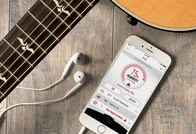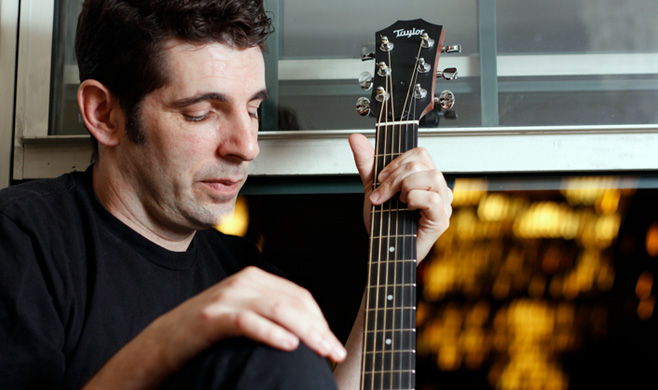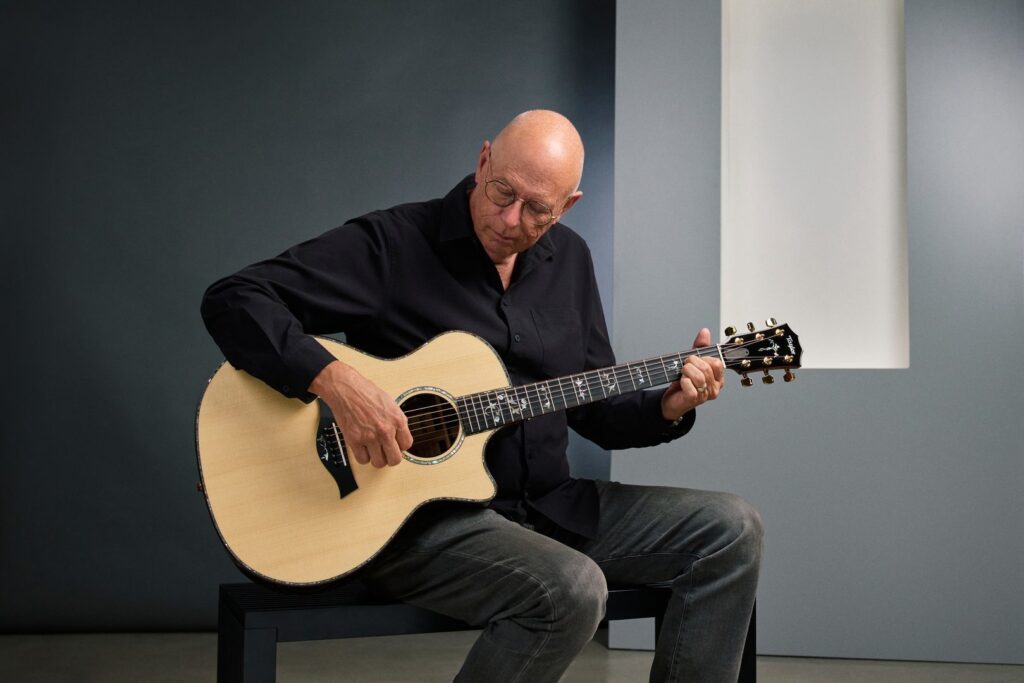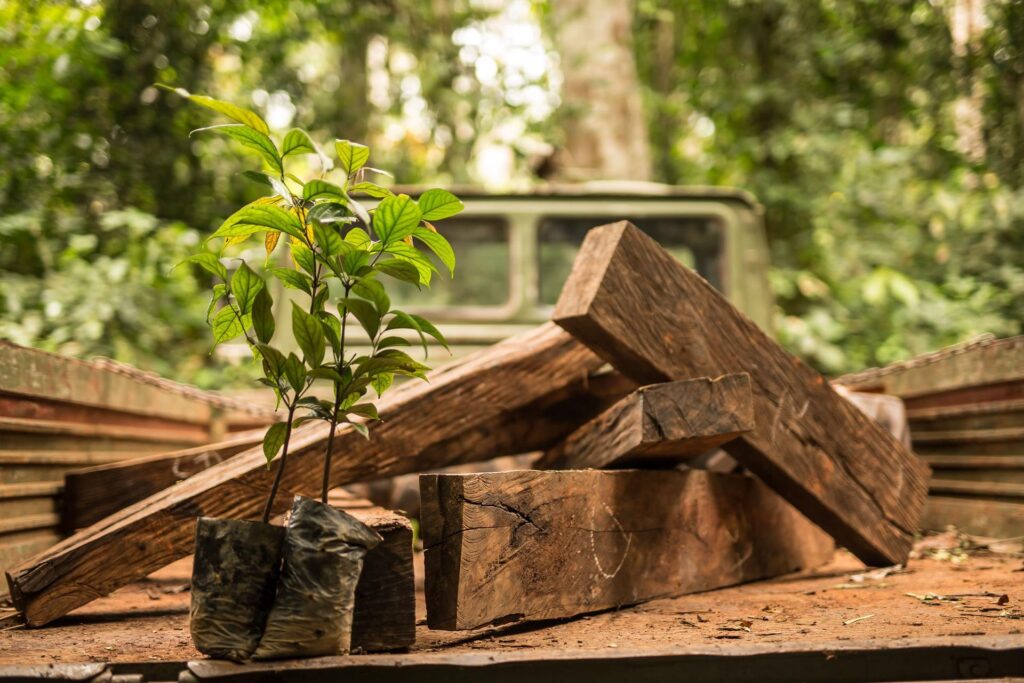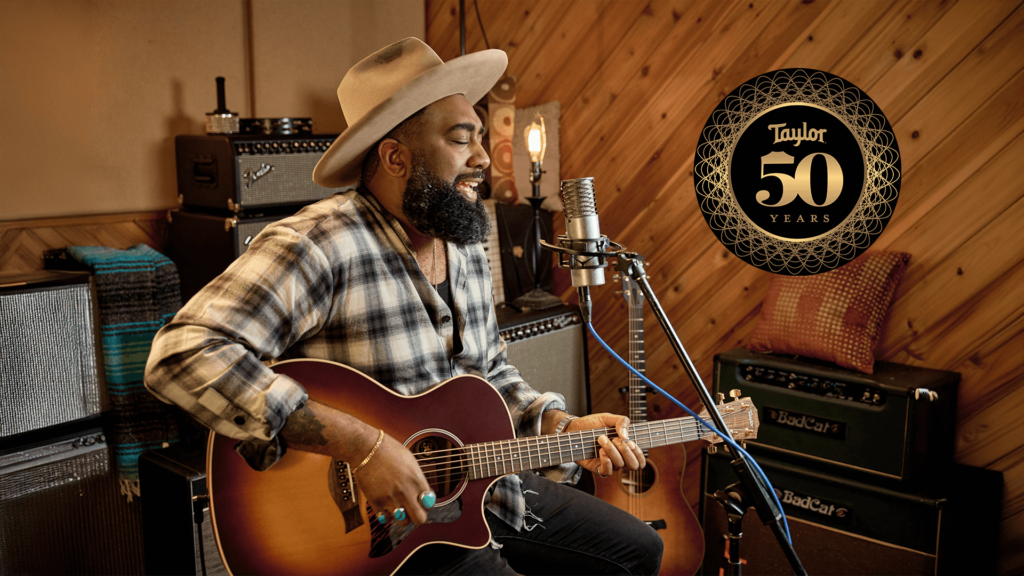Jonah Matranga may not be a household name, but for over 25 years, he’s been making a living in music, whether it’s playing under his own name, the Onelinedrawing moniker, or sharing the stage with his bandmates in Far, Gratitude, or New End Original. As if all that wasn’t enough, last year Matranga released his book, Alone Rewinding, a memoir of sorts that tells the story of his musical journey in the context of songs he wrote during each phase of his career. We caught up with Matranga shortly before the twentieth anniversary of Far’s iconic album Water & Solutions to discuss his artistic process, his secrets for getting outside of his comfort zone, and why he enjoys playing non-traditional venues with his trusty Taylor by his side. Trust us—if you have the chance to see Matranga live, don’t miss it. His shows are part storytelling, part performance, and undeniably passionate, a reflection of the man himself.
How did you get started making your own music?
I was doing singer-songwriter stuff first. I’ve always been a rocker but the first album that made me want to hit record on my own was Suzanne Vega’s first album. At the time, it just seemed impossible to me that I could do that on my own. But I went and got a four-track recorder and an acoustic guitar and that’s how I wrote songs for a long time.
When did you start releasing your music to the public?
I put out my first tape in 1989 or something like that, back when I was in college. I’ve always been a songwriter; even in Far, what they liked about me was that I was a more traditional songwriter, and they were a rock band. In 1994 when Far was starting out, I put out a totally solo acoustic tape under my own name, so that side of me was always there—and I would say that Far putting out an acoustic tape was a very MTV Unplugged-era kind of thing to do. I loved it, because I was an acoustic guy, and I had always played around on acoustic guitar and wrote songs. So it’s always been there, and it was a very natural thing to come back to in a different way after I had been in a band. It felt like I was a singer-songwriter playing an acoustic guitar again.
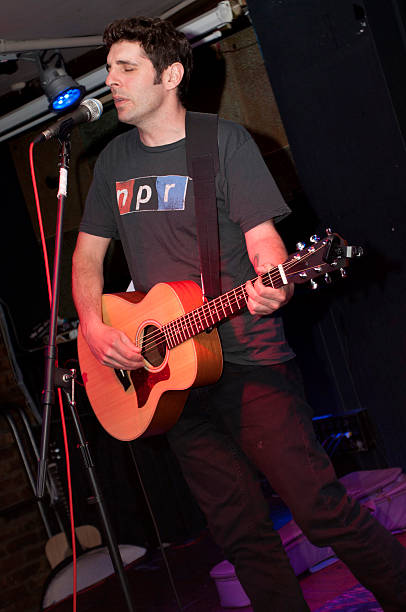 Do you remember the first Taylor you played?
Do you remember the first Taylor you played?
Yeah, I think it was a GC8. It was either in Texas or at NAMM, but it was probably the nicest-feeling guitar I’d ever played. I got a really good deal on it and really loved it, and I proceeded to never take it on tour because I was scared of breaking it. Then the GS Mini came out, and I was curious about it because of the smaller scale. I always liked smaller guitars, because dreadnoughts are a little bit big for me. I didn’t generally like the way smaller guitars sounded at the time, so I was psyched when I heard the GS Mini, because it doesn’t sound cheap. In fact, it’s actually been my touring guitar for a bunch of years; I actually have two, though they don’t have the fancy electronics they have now. I got some of the very first ones, I guess. But that’s been it for me: the GC8 and two GS Minis.
You play a lot of shows in non-traditional spaces like houses or record stores. How did that come about and what do you enjoy about it?
It’s not that I don’t want to play larger shows—I like that too—but I think that 36 is a pretty perfect number of people to have in a room listening to music. There’s nothing to distract you, but there’s enough people to get some energy going. I like playing bigger shows too, but only as long as they have that small record store or basement-show feeling, because that’s something I’d like to maintain.
What’s your emotional state like when you’re playing one of those really intimate shows? It seems as if that could be kind of nerve-wracking.
It’s actually really relaxed. The level of artifice that I think used to go along with the typical rock performance is gone (not that I’m not trying to be cool or anything). I’m a pretty strange, playful, moody, kind of all-over-the-place creature, so the rock n’ roll pattern isn’t good for me. I guess I just like to really relax in spaces without a PA, where there’s no microphone and no stage as long as everyone can see everything. It’s so simple. It’s just chords and that’s great. But also microphones are great and I love playing in a nice venue with a good PA where I can get the beats going and stuff, that rules too. I think that’s going to be a bigger part of what I do in the future.
You seem to have a lot of different projects, both musical and literary. How do you decide what to focus on, creatively?
I can’t focus on everything at once—honestly, I’m pretty terrible at it. So sometimes things get kicked down the road for a long time, maybe too long, and that’s why having deadlines is really important for me. The book took over everything last year, and there wasn’t really time to do much else. That was really fun, but it took it out of me. Now with the Far stuff, we have the 20th anniversary of Water & Solutions on March 10th and I’m going to do a little online show to celebrate it. I’ll be in the house and singing the songs, but beyond that, I just think it’s a good impetus to figure out what my plans are for the anniversary. I committed this year to the book and Water & Solutions and what that means is that those are generally the priority. It’s fine if other things come up, but I try not to start more projects unless I’m crazy comfortable with them.
I can’t believe that Water & Solutions is going to be 20 years old. What else do you have planned for the anniversary and how does it feel?
I have no idea. Actually, the answer to both questions is that I have no idea. I’m just starting to think about the shows. I think I’m kind of sad that there can’t be a band thing. I’ve written those guys a couple of times and no one is mad about it but there’s just no energy around it. It isn’t happening. I just want to do it when it’s not lame and exploitative, but I don’t want to miss out on celebrating the songs because we can’t get it together. All of us, we can’t figure out our issues, but I still want to sing the songs. I just do, and I think the 20-year anniversary is a special thing. I think very few people make anything that people still remember twenty years later, so I feel super lucky about that, and I want to try to do something cool with it. I just don’t want it to be cheap, basically.
Are you going to continue to promote the book in 2018?
Yes, the book took a lot of energy and work to make, and is in and of itself something that takes longer for someone to experience. I don’t know what I’m doing when it comes to putting out a book. I have no idea. I’m just learning as I go along. I want to try to speak in some bookstores and intersperse some songs—I want to mess around with that form and see if it helps get the book out into the world. Because I think the book a cool story about making choices and competing and being passionate when it comes to music, and trying to figure out how to balance work and life and love and all of that stuff while staying happy.
When you write new music do you generally work on acoustic guitar?
Acoustic has been my go-to, although I’ve been talking and thinking about this a lot lately. I want to start composing in a different way. Essentially, I want to start writing and put the sounds out without using a guitar—just a drum machine and a keyboard, and then use the guitar as a sound that I can include, but I’m not reliant on it. The short answer is that the guitar is still at the center of what I do, there’s no way around it. I’m not conversant in any other way. Guitar is it for me.
Do you feel like the songs you write on acoustic translate to electric, when you’re playing with distortion and other effects? Do the songs change based on your guitar tone?
That’s the thing. A lot of the time, when I write a song on acoustic guitar, it goes one way. But when I take the guitar away, I can change the notes and the tone and the tempo, and it can go so many different places. That’s why I’ve been trying to get my guitar brain out of the way. Some of my favorite records these days are the last records by Rihanna and Beyonce, because there’s so much space in them. The Frank Ocean record [Blonde], it’s pretty much a beat, a synth, and a voice, and I think it’s so cool. Guitar is still always going to also be at the heart of my music, but I want to use guitar in a weirder way. I don’t want to be a singer-songwriter with beats or someone who uses the guitar terribly. I’ll figure it out, but right now I’m trying to blend those worlds. It’s interesting.
What’s your process like? Do you write every day?
Definitely not. I live my life in the most structure-free way possible. I make commitments and appointments and I stick to them. I try to be vaguely healthy, I meditate in the morning and move my body. I work based on my deadlines: If my email is backed up, I’ll spend a day responding to people, and if there are orders waiting I’ll send those out. Today, I had this song in my head because I’d found this weird old pocket recording of it. I thought it was a weird song, so I figured I’d dig in and try to figure it out.
I’ve stopped worrying about songs coming in album-style groups. I just really love the feeling of writing a song. Even if a song never makes it to an album, the whole process of writing and recording it and listening to it eighty million times is so fun. I just love it so much. But I do have a bunch of songs I wrote that I really like, and I do have some groupings for them. Some are hymns almost—I want to write really inspiring tunes without the religious stuff because I just think gospel is a really beautiful form, but I don’t want to sing it with those kinds of lyrics. I just think that would be lame, because I don’t believe in a god.
I also have some songs written specifically as duets that I want to sing with women. I love male and female duets, so there are some songs that will work with that—I’ve just got to record them. Then there’s a part of me that wants to write more challenging, overtly political music. I want to at least try, even if the songs end up being terrible; I want to give it a shot, because there’s so much horrifying stuff going in the world now and the best way for me to deal with it is to make music with it. So those are three bodies of songs floating around me right now. I don’t know if they’ll make it on a record because I don’t know how to release music anymore [Laughs.] I don’t know how to sell records anymore. I just love making them.




















